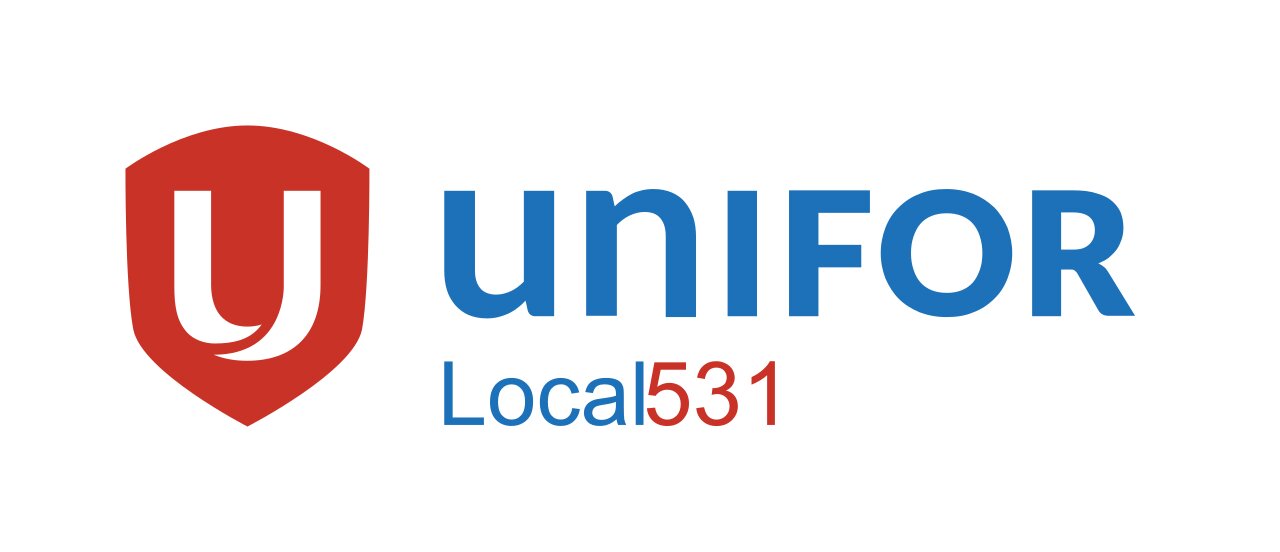Share
To understand where we are today with Pay Equity, we need to understand where we have come from. In 1977 the Canadian Human Rights Act was introduced and Section 11 prohibited pay discrimination based on sex, for work of equal value. Its hard to believe that this was almost 50 years ago and yet we still don't see equal pay for equal work. It wasn't until 2018 when the Pay Equity Act was passed which is aimed at federally regulated employers (WestJet) to introduce a pay equity regime, requiring employers to evaluate and correct pay disparities. On August 31, 2021, the Pay Equity Act came into force and federally regulated employers with 10 or more employees were mandated to create a pay equity plan, form a pay equity committee, post the plan and provide a compensation comparison and then finally adjust the pay gaps identified in the plan. Its been nearly a year since federally regulated employers were required to implement their Pay Equity Plans under the Pay Equity Act and yet, we are so far away from achieving this.
WestJet officially launched its Pay Equity Committee in May 2024, only four months before the September 3, 2024 deadline mandated under federal legislation. By then, many employers of similar size had been engaged in the process for well over a year. Instead of collaborating transparently with worker representatives, WestJet hired a third-party compensation consulting firm to “guide” the committee’s work. This decision immediately raised red flags. The consulting firm, though specialized in total compensation, was ultimately accountable to WestJet — not the workers whose pay equity the legislation is intended to protect. Additionally, WestJet attempted to exclude Bargaining Committee members, including the President of our local, from participating in the Pay Equity work due to their involvement in collective bargaining. The company argued that any information obtained through the Pay Equity process could be used to strengthen union bargaining positions.
This exclusion was quickly challenged. The matter was brought to the Pay Equity Commissioner, who ruled in favour of the union. This reaffirmed that union leaders cannot be barred from participating in pay equity committees solely because of their bargaining roles. This was a major victory for fairness and transparency.
But the roadblocks didn’t end there.
Prior to the committee beginning its work, WestJet attempted to impose a Non-Disclosure Agreement (NDA) on all committee members. This NDA was pages long, filled with dense legal language, and effectively stripped members of their rights and created the perception that the company was trying to shield the process from proper scrutiny. Yet, under the Pay Equity Act, no NDA is required. The work is already considered confidential by law,
Despite protections, WestJet banned all seven unions representing workers across the company from participating in the committee. This included Unifor, CUPE, ALPA (Encore and Mainline), CALDA, IAM and AMFA.
The exclusion of unions representing thousands of workers directly contradicts the spirit and intent of the Pay Equity Act, which requires meaningful collaboration between employers and worker representatives. With unions sidelined, WestJet pressed ahead with its internal process and in response, the seven unions filed a formal complaint with the federal government regarding the overreaching NDA and the exclusion from the process. The Pay Equity Commissioner responded with a recommendation that WestJet cease all committee work until the matter could be resolved. As expected, the process stalled.
On July 16, 2025, nearly ten months past the deadline, the unions and WestJet are finally meeting with federal representatives to mediate the complaint. The unions remain hopeful that WestJet will come to the table with a willingness to collaborate in good faith and begin meaningful compliance with the Act.
This legislation represents a significant step forward for women and gender-diverse people working in Canada — particularly in industries like aviation, where many frontline roles are female-dominated and historically undervalued. Thousands of WestJet workers stand to benefit from a fair and transparent pay equity process — but only if the company takes its obligations seriously and works with unions to get it right.
The Unions are committed to continuing this important work and will do so constructively, provided the company engages in the process with integrity, fairness, and respect for the law.

